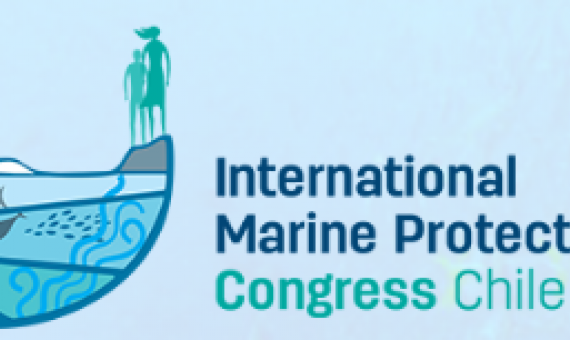Building on work presented at the IUCN World Parks Congress (WPC) held in Sydney, Australia, on 12–19 November 2014, this document explores experiences with aquatic protected areas (PAs), marine protected areas (MPAs) and protected areas in inland waters in the context of livelihoods and food sec
In this era of fiscal constraint following the global financial crisis, marine protected areas (MPAs) occupy a remarkable position in the economic landscape.
The Fourth International Marine Protected Areas Congress (IMPAC4) with the motto Marine Protected Areas: Bringing the people and ocean together, will focus on the need to highlight the intricate nature of ocean-human relationship and the benefits of marine protected
The federal government recently created two marine protected areas in the Pacific region and has committed to increase ocean protection from one per cent to 10 by 2020. But will this be enough?
Click on the link below to read the full story.
Fish can quickly evolve to get more benefit from the protection offered by marine protected areas, according to research from the University of British Columbia.
Click on the link below for the full story.
MPAs, which include marine reserves, sanctuaries, parks, and no-take zones, are areas designated to protect marine species and habitats from both global and local threats...a new global study demonstrates that widespread lack of personnel and funds are preventing MPAs from reaching their full pot
What lies beneath the deep, dark expanse of the ocean is something that has fascinated sailors, fishermen, adventurers, poets and explorers for centuries.
Fishing communities can decide to temporarily open marine protected areas (MPAs), or taboo fishing grounds, in order to earn an income for back to school shopping since they started the taboo, says Fiji Locally Managed Marine Areas co-ordinator Margaret Vakalalabure.
How is your MPA Doing?
This guidebook offers managers and other conservation practitioners a process and methods to evaluate the effectiveness of Marine Protected Areas (MPAs) for the purposes of Adaptive Management. The evaulation is based on indicators that measure the effectiveness of management actions in attaining goals and objectives that are specific to MPAs, the marine environment and coastal communities.










